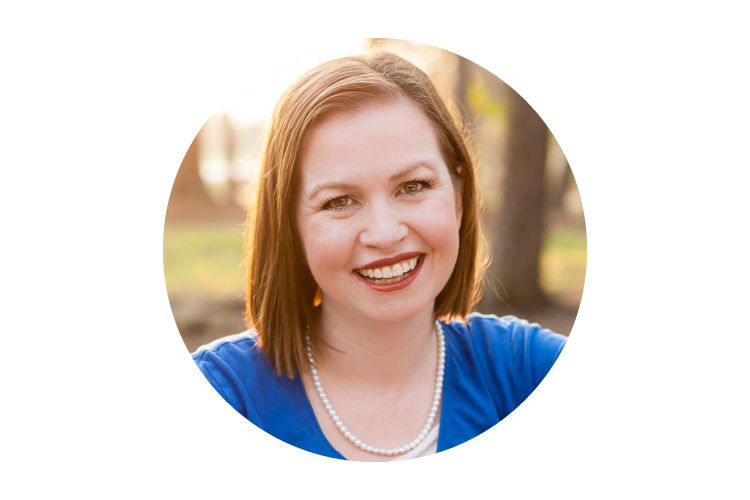FOLLOWING JESUS IN AN US VS THEM WORLD
by Amber Mann Riggs
Sophia is the Greek word for Wisdom, and Propel Sophia seeks out the voices of truly wise women and asks them to share worked examples of how they express faith in daily life. Pull up a chair at Sophia’s table, won’t you? There’s plenty of space.
LEARN MORE HERE ▸
The wildfires were thirty miles from my home when the finger-pointing began. Like pandemic masking policies, racial violence, and endless election-related episodes, the wildfires became ideological battlegrounds. Decades-old partisan forestry management debates rekindled as alarmists were quick to share doctored photos laying blame on “the other side”. Thus, while the smokey, red sky testified to the presence of destruction, the flames of polarization found more fuel.
The uncivil word-wars of “us vs. them” unsettle me. Especially when they come from fellow Christians. These battles aggravate anger instead of catalyzing love, leaving me desperate to find ways to resist the pull and push of polarization.
Fortunately, not everyone is promoting partisanship. For the past several years, I’ve been seeking out “resistors”, Christians who resist polarization while engaging issues from a Christ-centered perspective. Here are four things I’m learning from them:
1. An “on earth as it is in heaven” understanding of the gospel.
The “good news of the Kingdom of God” exalts Jesus as king of the earth. King Jesus’ reign has physical implications that take root in the present and continue on into the eternal. The poignancy of Jesus’ kingship for “the poor...the prisoners...the oppressed” emphasizes the physicality of the Kingdom (Luke 4:18).
The more I immerse myself in the epic story of Jesus, the more the limitations of political rulers stand in sharp contrast with the power of everyday Christians reflecting the love of Jesus into our communities.
Our covenant relationship with King Jesus supersedes political affiliation. He invites us to continue His mission of bringing heaven to earth. Not via human power, but as members of His Body, empowered by His own Spirit.
2. A diverse range of Christian friendships.
After George Floyd’s death, Black Christians were in deep mourning. But many Christians of other ethnicities didn’t hear their laments.
Because I live in an area of the country with low diversity, I recognized that many of my neighbors had never served and worshipped alongside Black Christians to the extent that strong connections developed. Resisters, on the other hand, had relationships with Black brothers and sisters that compelled them to “mourn with those who mourn” (Romans 12:15).
Physically separated from my Black sisters and brothers in Christ, I reconnected with them. I edited my facebook settings so their posts showed up first. I welcomed phone calls that afforded me the opportunity to listen and read more books and tweets by Black Christians.
Friendships with Black and Latino Christians also help reduce the effects of polarization on other issues. These relationships remind me that, in Christ, I have more in common with Christians who vote, look, and speak differently than I do than with other white women my own age, in my own town, who share my own hobbies.
3. A curiosity about different viewpoints.
The gospel of the Kingdom of God anchors resisters’ faith in the wisdom of the Creator of heaven and earth. They observe how God’s Truth finds expression in nature and is often affirmed throughout history. Thus, they avoid labeling a perspective as threatening to Christ and His mission. Instead, they seek to understand what truth is interwoven within that viewpoint.
Choosing to be curious has allowed me to see a full spectrum of Jesus’ value of human life on display.. From advocacy for the unborn and refugees to the victims of gun violence and the health of women impacted by racism, Christians have promoted the protection of life in diverse ways. While polarization pits these issues against one another, the Kingdom of God holds them together in harmony.
4. An emphasis on personal proactivity.
Resisters don’t call attention to a problem by blaming, complaining, or inciting anger. Rather, they focus on acting to change the outcome in a way that honors God. As Philipians 2:14-15 says, “Do all things without grumbling or disputing, that you may...shine as lights in the world”.
I’ve committed to not criticize anything that I’m not willing to actively change through the channels that have direct influence in making the changes. In the case of the wildfires, I refrained from criticizing forestry practices because I don't have intimate knowledge of forestry. Since my friends are not on the forestry board responsible for developing forestry policies, social media doesn’t need my opinions on that issue.
What I can do, however, is make personal changes and partner with God to cultivate Christian consideration for one another. When I catch myself complaining about it, God reminds me to be proactive through prayer. He cares about this even more than I do.
Dig into the Gospel
Seeing Christians fracture into “us” vs “them” camps has driven me deeper and deeper into the gospel of Jesus. With the Bible as my treasure map, exploring the crannies of His Kingdom is a life-time adventure. I want to dig my roots into its riches, its multi-ethnic Family, its truths. Herald no ruler but Jesus and no Kingdom but God’s.
Ultimately, “us” vs “them” detracts from King Jesus, the One who calls us all to Himself. I am, first and foremost, HIS.
AMBER MANN RIGGS
Amber Mann Riggs is a curriculum designer, writer, and homeschool teacher who is fascinated by the epic story of the Kingdom of God. You can find her losing herself in this story on Instagram @ambermannriggs and download her free book Start With Rest at ambermannriggs.com.
